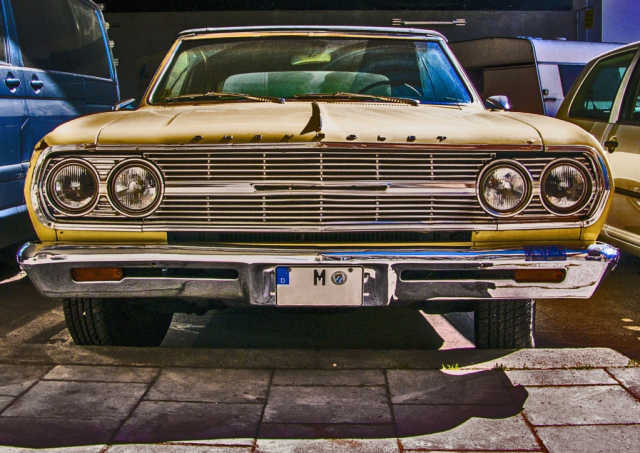Critical Tips for Buying a Used Car
Use these To Save Money and Have a Smooth Purchase
This article may contain affiliate links.
Buying a used car can be an exciting and cost-effective option, but it’s essential to approach the process with caution. While there are many reputable sellers out there, there are also potential pitfalls that could leave you with a lemon. To ensure a smooth and successful purchase, it’s important to remember these tips.
Do Your Research
Before diving into the used car market, take the time to gather information about the specific car model you’re interested in. Find used car dealerships in your area first before venturing to other cities or locations. This is true when it comes to buying used cars in San Antonio and other Texas cities. Used car dealership sites provide extensive listings and allow you to compare prices, features and seller ratings. Also, look for common issues and reliability ratings associated with that particular make and model. By understanding potential problems, you can be better prepared during the buying process.
Additionally, research the market value and average price range for the car you’re considering. This knowledge will empower you to negotiate a fair price and avoid overpaying for a vehicle.
Obtaining a vehicle history report is another crucial step when buying a used car. These reports provide valuable information about a vehicle’s past, including any accidents or damages it may have sustained. They also document the maintenance and service records, giving you insight into how well the car has been cared for.
Inspect the Car Thoroughly
Once you’ve narrowed down your options, it’s time to inspect the car thoroughly. Start with the exterior, checking for signs of rust, dents or paint job inconsistencies. These may indicate previous damage or poor maintenance.
Next, examine the tires. Look for adequate tread depth and even wear patterns. Uneven wear could be a sign of alignment or suspension issues.
Moving on to the interior, test all the seats, windows, and mirrors. Ensure they function properly and aren’t showing excessive wear and tear. Don’t forget to check the functionality of the lights, air conditioning and audio system.
A mechanical inspection is equally important. If you’re not confident in your ability to evaluate the engine, transmission and exhaust system, consider bringing in a professional mechanic. They can provide a comprehensive assessment and identify potential issues that may not be immediately apparent.
To truly get a feel for the car, take it for a test drive. Pay attention to how it handles, accelerates and brakes. Any strange noises or vibrations should be noted and discussed with the seller.
Consider a Pre-Purchase Inspection
When buying a used car, it’s highly recommended to consider a pre-purchase inspection. This involves having a professional mechanic thoroughly assess the vehicle before making a final decision. A pre-purchase inspection can uncover potential issues that may not be noticeable during a test drive. The mechanic will carefully inspect the vehicle’s mechanical components, electrical systems and overall condition. By getting a pre-purchase inspection, you can have peace of mind knowing the true condition of the car and make an informed decision. It also helps estimate any possible repair costs, ensuring that you’re aware of any additional expenses before making the purchase.
Negotiate the Price
Armed with the information you’ve gathered from research and inspections, it’s time to negotiate the price. Reference the market value and average price range for the car during negotiations. Highlight any issues discovered during the inspection as leverage for a lower price. Be prepared to walk away if the seller is unwilling to meet a reasonable price. Remember, it’s better to find a car that checks all the boxes within your budget than settle for something that doesn’t meet your criteria.
Complete the Necessary Paperwork
Once you’ve agreed on a price, ensure you complete all the necessary paperwork correctly. Obtain the car’s title and registration documents from the seller. Verify that the information matches what was discussed during the negotiation process. Double-check that the transfer of ownership is properly documented to avoid any legal complications later on.
Consider a Vehicle Warranty
Buying a used car comes with inherent risks, so it’s worth considering purchasing an extended warranty. This additional coverage can provide peace of mind, protecting you from unexpected repair costs in the future. Evaluate your options and weigh the cost versus the potential benefits before making a decision.
Buying a used car requires careful consideration and thorough research. By following these tips, you can minimize the risks associated with purchasing a pre-owned vehicle and make a confident and informed decision. Take your time, be thorough in your inspections, and don’t hesitate to seek professional help when needed. With the right approach, you can find a reliable used car that meets your needs and budget. Happy car hunting!
The post Critical Tips for Buying a Used Car first appeared on Clean Fleet Report.







